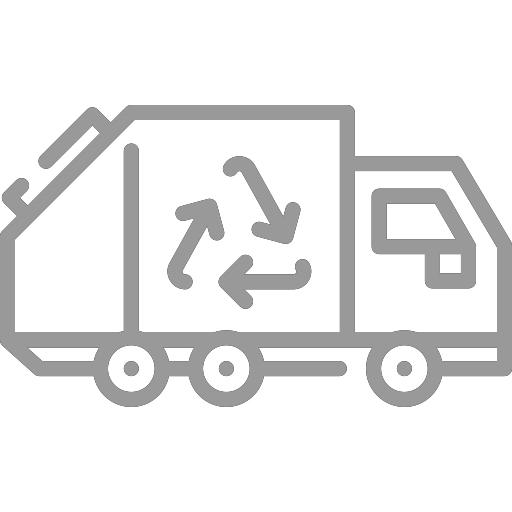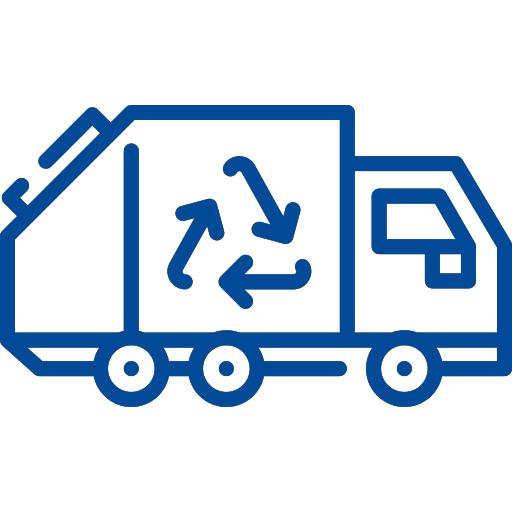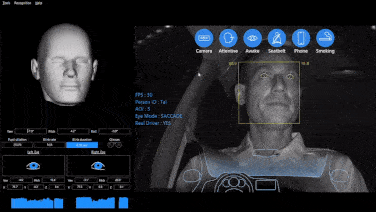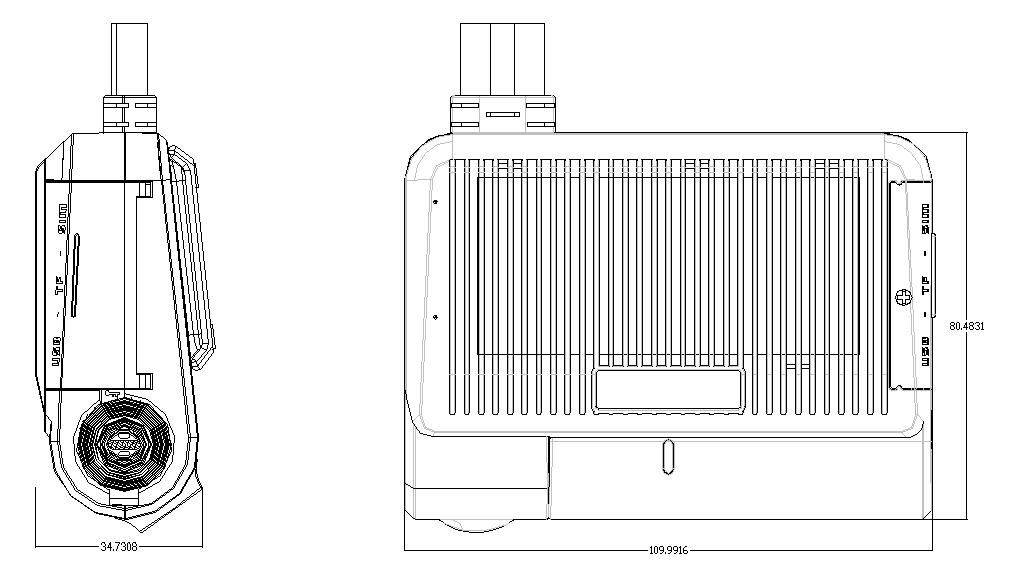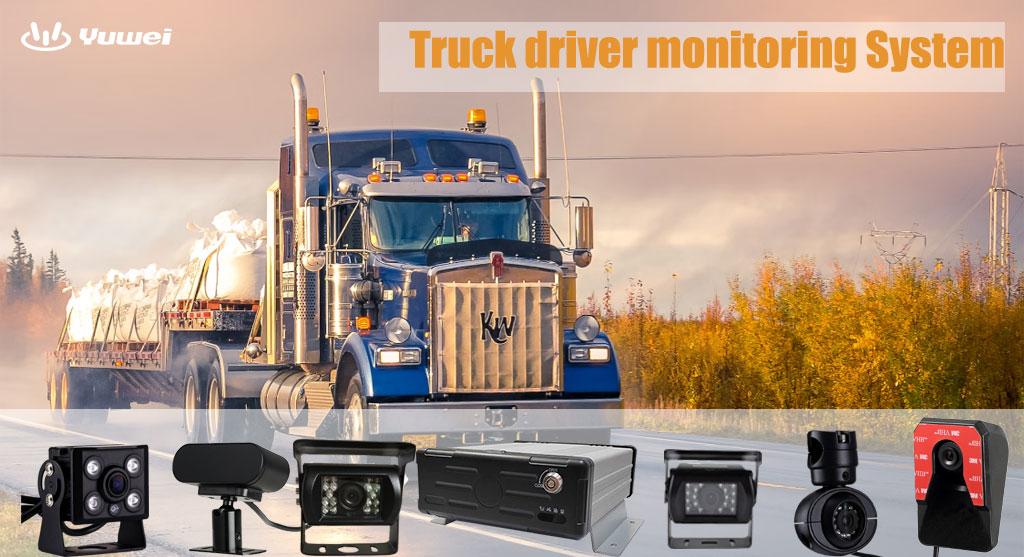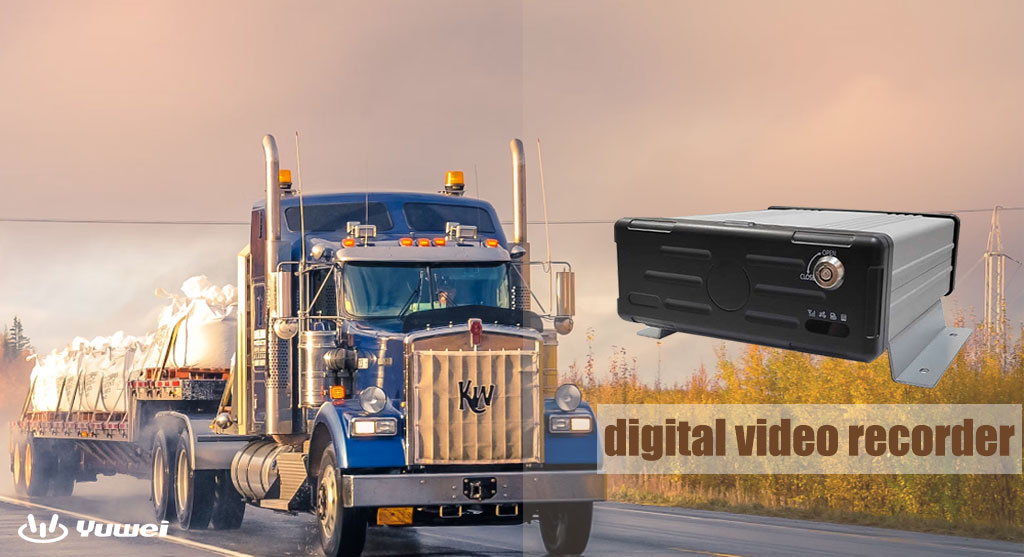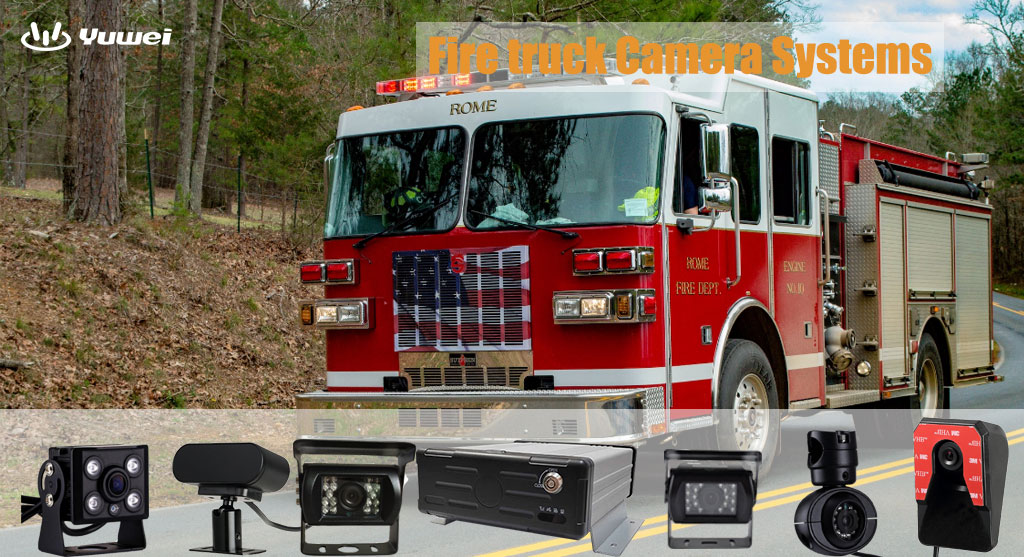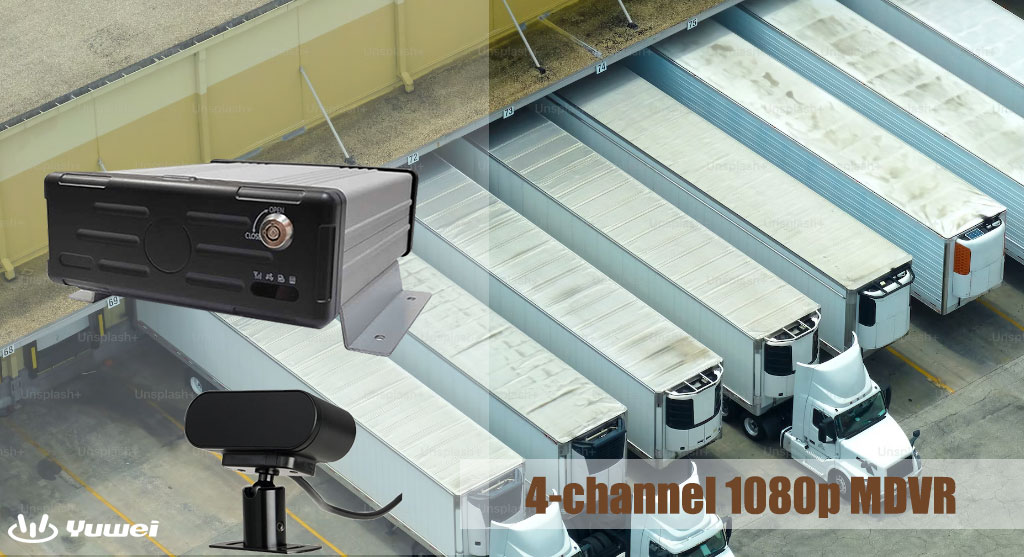IoT Fleet Management Solutions
IoT Fleet Management Solution
Fleet Management: A Key to Optimizing Modern Business Operations
Fleet management is a vital component of modern business operations, especially for companies reliant on transportation. It involves the management of commercial vehicles such as cars, vans, trucks, and ships, aiming to ensure safety, efficiency, and compliance. With rapid technological advancements, fleet management now integrates advanced software and tracking systems, helping businesses optimize operations, reduce costs, and enhance service quality.

Market Growth Trends
According to a report by MarketsandMarkets, the fleet management market is expanding rapidly, with a projected compound annual growth rate (CAGR) of 15.5%, increasing from $25.5 billion in 2022 to $52.4 billion in 2027. This growth highlights the rising demand for efficient fleet management systems to maintain market competitiveness and responsiveness.
Understanding Fleet Management Solutions
Fleet management systems are comprehensive tools that primarily include the following key features:
1. Vehicle Tracking: Real-time vehicle monitoring using GPS technology.
2. Maintenance Management: Scheduling and tracking maintenance to extend vehicle lifespan.
3. Fuel Management: Optimizing fuel consumption to reduce costs.
4. Driver Management: Monitoring driver behavior to improve safety.
5. Compliance Management: Ensuring adherence to legal and regulatory standards.
6. Reporting and Analytics: Providing insights into fleet performance to identify improvement opportunities.
Technological Evolution and Industry Trends
Advances in Fleet Management Technology
- Transition from manual record-keeping to real-time GPS tracking.
- Cloud computing enables remote management and data analysis.
- IoT enhances data collection and operational efficiency.
Current Industry Trends
1. Telematics: Delivering detailed data on operations and driver behavior.
2. AI and Machine Learning: For predictive maintenance and route optimization.
3. Sustainability: Adopting electric vehicles and eco-friendly route planning.
4. Driver Safety Features: Incorporating ADAS systems and fatigue monitoring.
5. Mobile Access: Enabling instant management through mobile apps.
How to Evaluate and Choose Fleet Management Solutions
Assessing Needs
1. Fleet Size and Scope: Consider the number, type, and operational range of vehicles.
2. Industry Requirements: Different businesses (e.g., logistics, public transport) have varying priorities.
3. Key Performance Indicators (KPIs): Metrics such as fuel efficiency, accident rates, and regulatory compliance.
Key Considerations for Selecting a Solution
1. Integration with Existing Systems: Ensure seamless connectivity with ERP and HR systems.
2. Scalability and Flexibility: Accommodate business growth and changes.
3. User-Friendliness: Intuitive interfaces and robust vendor support.
4. Data Security: Protect sensitive information.
5. Cost-Effectiveness: Evaluate initial investment against long-term maintenance costs.
Essential Features
1. Real-Time Tracking and Reporting: Delivering immediate data.
2. Maintenance and Health Monitoring: Reducing vehicle breakdowns.
3. Fuel Management: Optimizing expenses.
4. Compliance and Safety Features: Ensuring adherence to regulations and safety.
5. Analytics and Reporting Tools: Generating customized data insights.
Implementation Strategies and Continuous Improvement
1. Team Communication and Transition Preparation: Educate employees about system benefits and support resources.
2. Phased Implementation: Conduct small-scale tests before full deployment.
3. Comprehensive Training: Ensure teams are well-versed in system usage.
4. Post-Implementation Monitoring and Optimization: Adjust system features based on feedback.
Future Focus
- Embrace Emerging Technologies: Such as IoT and autonomous driving.
- Ensure Continuous Updates and Adaptability: Keeping solutions relevant and effective.
- Establish Long-Term Vendor Partnerships: For personalized support.
By selecting and implementing the right fleet management solution, businesses can significantly optimize operations, enhance efficiency, and achieve long-term organizational success. Contact us to learn more about our vehicle tracking and management solutions.

















